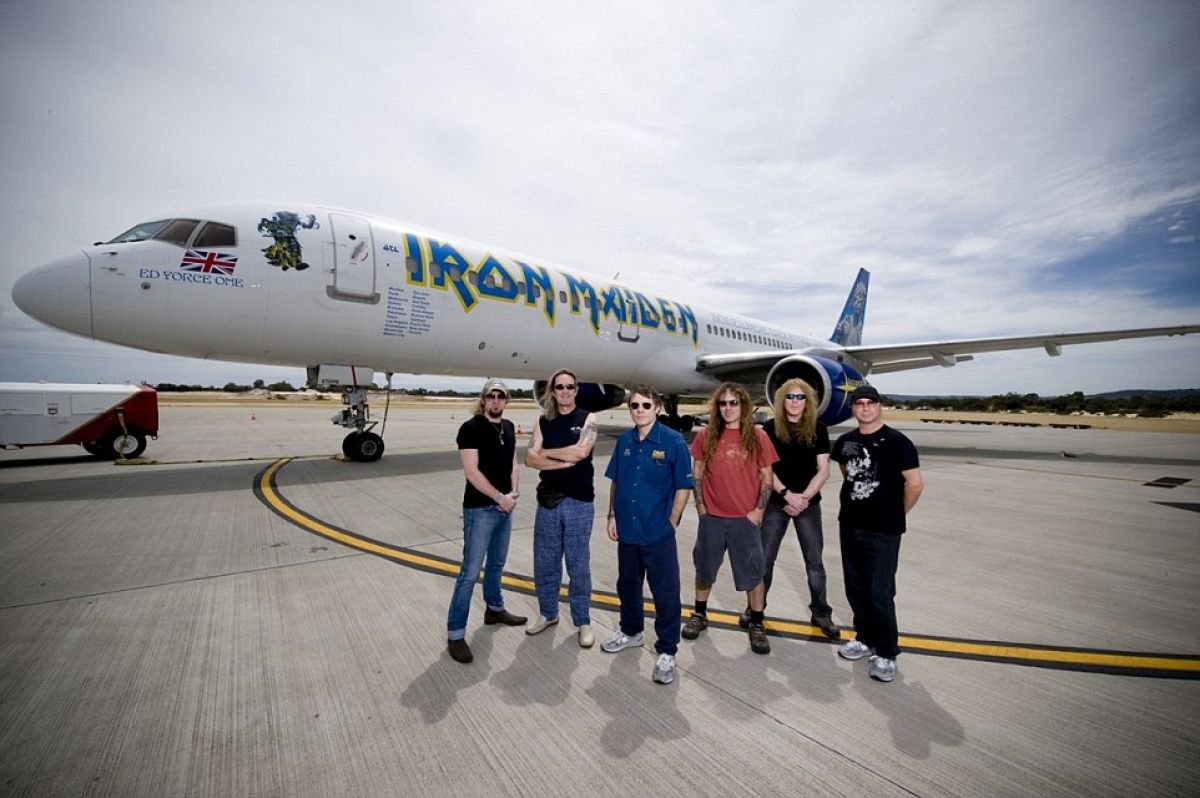Musicians on tour: the unsustainable impact on our environment

A 2010 report published by the London-based charity, Julie’s Bicycle, found a total of approximately 85,000 tonnes of greenhouse gas emissions from bands touring in the UK, as well as UK acts touring overseas. Consequently, musicians and climate change researchers are beginning to work together to improve the industry’s environmental impact. Moreover, Glastonbury’s recent commitment to going single-use plastic free in 2019 has widened conversation surrounding the environmental impact within the music industry.
The Bristol-based band, Massive Attack, have recently partnered with the University of Manchester’s Tyndall centre to examine key impact areas of a touring band on the environment.
Climate scientists will obtain and analyse data from the band’s tour schedule. This will provide the music industry with guidance on how to reduce the negative impact on our environment in the current climate emergency.
Massive Attack, in a recent statement to The University of Manchester, said: “We’ve been concerned and preoccupied with the carbon footprint of our schedules and the wider impact of our sector overall.”
This collaboration will create a framework based on data that includes the band’s travel and production on tour, audience, transportation, and venue impact. In doing so, the data will help to identify key areas where carbon dioxide emissions are generated.
Dr Chris Jones, a research fellow at the Tyndall centre said: “We will be working with Massive Attack to look at sources of carbon emissions from a band’s touring schedule.”
He continued, “Every industry has varying degrees of carbon impact to address and we need partnerships like this one to look at reducing carbon emissions across the board.”
As reported by the Intergovernmental Panel on Climate Change, there has been a recent surge in concern around the climate emergency within the music industry.
The number of musicians bringing attention to the environment is increasing. For example, Billie Eilish recently promoted the ban on plastic at her concerts. She explained this as an attempt to “be as green as possible”.
Strikingly, lead singer of Coldplay, Chris Martin, told BBC News that “[they’re] not touring this album” due to band-travel making up over 40% of a tour’s carbon footprint. Therefore, the band are taking their time over the next few years to work on a more sustainable strategy that can be beneficial but also reduces their impact on the environment.
Chris Martin continued to tell BBC News that they dream of a solar-powered show with no single-use plastic. To encourage environmental awareness, Coldplay performed a one-off concert in London in the Natural History Museum, from which all proceeds were donated to an environmental charity.







